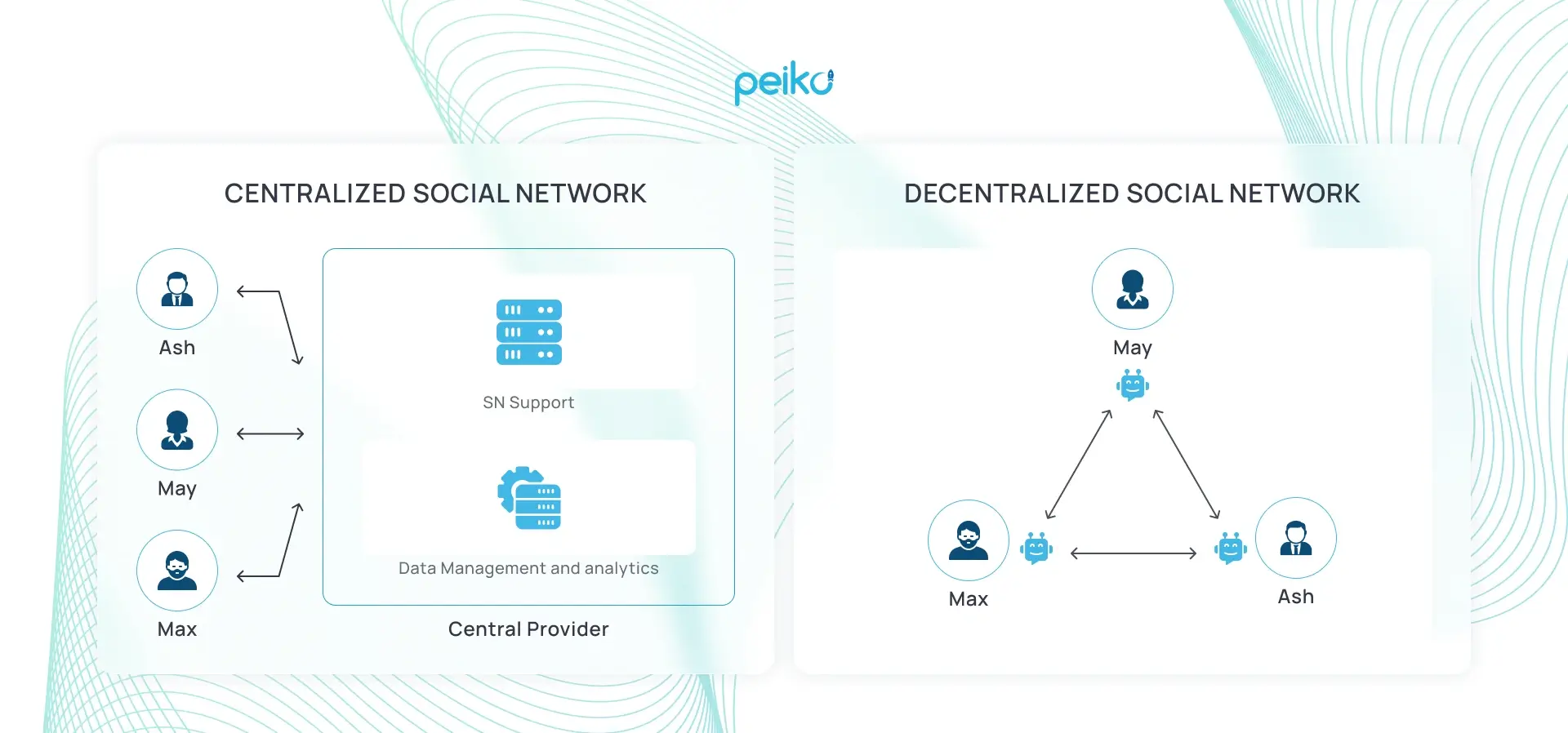How AI-Powered Search Engines Are Rewriting the Rules of Online Discovery
Remember the last time you searched for something online and got eerily accurate results—almost like the search engine read your mind? That wasn’t luck. It was AI flexing its muscles. From Google’s BERT to OpenAI’s web crawlers, artificial intelligence is quietly revolutionizing how we find information. And honestly? The old keyword-based search we grew up with feels like dial-up internet compared to what’s coming.
The AI Search Revolution: More Than Just Faster Results
Traditional search engines worked like librarians—matching queries to indexed pages. AI-powered search? It’s more like a detective, piecing together context, intent, and even your past behavior to serve up answers before you fully articulate the question.
How AI Changes the Game
Here’s what makes AI-driven search different:
- Understanding nuance: Misspellings, slang, or vague queries? No problem. AI interprets meaning, not just keywords.
- Personalization: It learns your preferences over time—like a barista who remembers your usual order.
- Multimodal search: Soon, you’ll search by uploading images, humming tunes, or even describing scents.
The Hidden Costs (and Benefits) of Smarter Search
Sure, getting better results sounds great—but there’s more to the story. AI search engines are reshaping entire industries, sometimes in uncomfortable ways.
Who Wins and Who Struggles?
| Winners | Challenges |
| Small businesses ranking for long-tail queries | SEO agencies clinging to 2010 tactics |
| Voice search optimizers | Content farms producing generic articles |
| Local services with AI-optimized listings | Websites with thin or duplicated content |
Here’s the deal: if your online presence isn’t adapting to AI search, you’re essentially trying to win a marathon wearing flip-flops.
Beyond Keywords: The New SEO Playbook
Gone are the days of stuffing articles with exact-match keywords. AI search engines prioritize:
- Topic clusters over isolated pages
- Natural language over robotic phrasing
- User engagement signals (dwell time, bounce rates)
- Entity-based relationships (how concepts connect)
Think of it like cooking for a food critic instead of a vending machine—quality and context matter more than just checking ingredient boxes.
What’s Next? The Future of AI Search
We’re already seeing glimpses of what’s coming:
- Zero-click results: Answers appearing directly in search pages
- Predictive search: Anticipating needs before you search
- Cross-platform indexing: Pulling data from apps, not just websites
- Emotional intent detection: Recognizing frustration, curiosity, or urgency in queries
That said… this isn’t just about technology. It’s about how we, as humans, interact with information. When search engines understand context as well as your best friend, the line between “searching” and “thinking” starts to blur.
Maybe the real question isn’t how AI will change search—but how it’ll change us.




